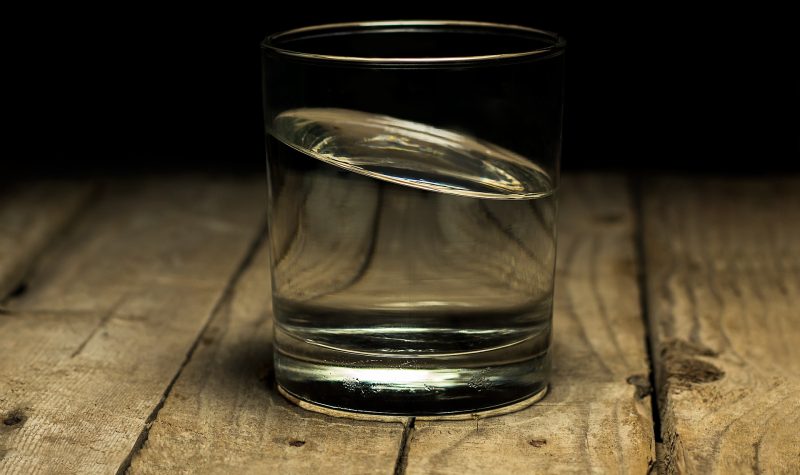The First Nations Drinking Water Settlement application deadline has been extended until March 7, 2024.
The settlement allows certain First Nations and their members who were subject to a drinking water advisory that lasted at least one year between Nov. 20, 1995 and June 20, 2021 to seek compensation. The previous deadline for applicants to apply was March 7, 2023.
JFK Law representations Robert Janes and Laura Edwards spoke with Six Nations Elected Council (SNEC) during the Feb. 28 council meeting.
Six Nations is currently not identified as an impacted First Nation. SNEC has applied for its members to be included on the list to seek compensation but have said are still waiting to hear if Six Nations has been approved. Janes said if Six Nations is not included as an impacted First Nation, it is doutful that Six Nations individuals seeking compensation independently would be approved with similar evidence.
"If the nation doesn't get approved, it's pretty unlikely that they'll approve individuals based on similar evidence. Really the whole advantage of the nation applying is that if the nation's in, then the members are in."
Rod Whitlow, Six Nations environmental lead, says he has worked to locate archived documents that show Six Nations was under a boil water advisory during the claims period. He confirmed he has found a news article from 2000 from then Six Nations Elected Chief Dave General stating Six Nations was on a boil water advisory at the time.
Edwards spoke on the news article with former chief General and said it could help in the application process but administrators in the settlement would look to more official documents, such as a boil water advisory from Health Canada, Six Nations Health Authority, or the Public Health Authority of Ontario.
"The most helpful things are any sort of drinking water advisory, whether that is a letter from Health Canada advising individuals not to consume and many of those over a few years, or from the Six Nations Health Authority or the Public Health Authority of Ontario giving out those advisories," Edwards said.
She added that if Six Nations is left off the impacted First Nations list, there is a 60 day time period where the First Nation can provide further evidence to show they should be included.
Coun. Hazel Johnson questioned why Six Nations had not been included as an impacted First Nation from the beginning of the lawsuit and said it indicates ignorance on the government's side.
"They don't know the true factors of the water situation on all First Nations because everybody had their water through a well. Nobody had running water for quite while."
"In my own personal situation we've had two wells, one dug and one drilled and a cistern and every one of those were condemned because it was not good water. So for so long we've had to buy water," she continued.
Whitlow said Six Nations has been under a boil water advisory since June 20, 2021 (the end of the claims period) and added that Six Nations will not be able to come off that until every well is abandoned and everyone is connected to the drinking water distribution system.
"We're never going to be in that situation here at Six Nations until every single well is abandoned and we're all connected to the drinking water distribution system community wide," he said. "All of these engineering reports that have come out over the years about the quality of the ground water here at Six Nations says it cannot be used without proper treatment."
SNEC say they are currently working on connecting with the community to hold a Q&A session to provide further information on the First Nations Drinking Water Settlement.
For the full CJKS story listen below:


